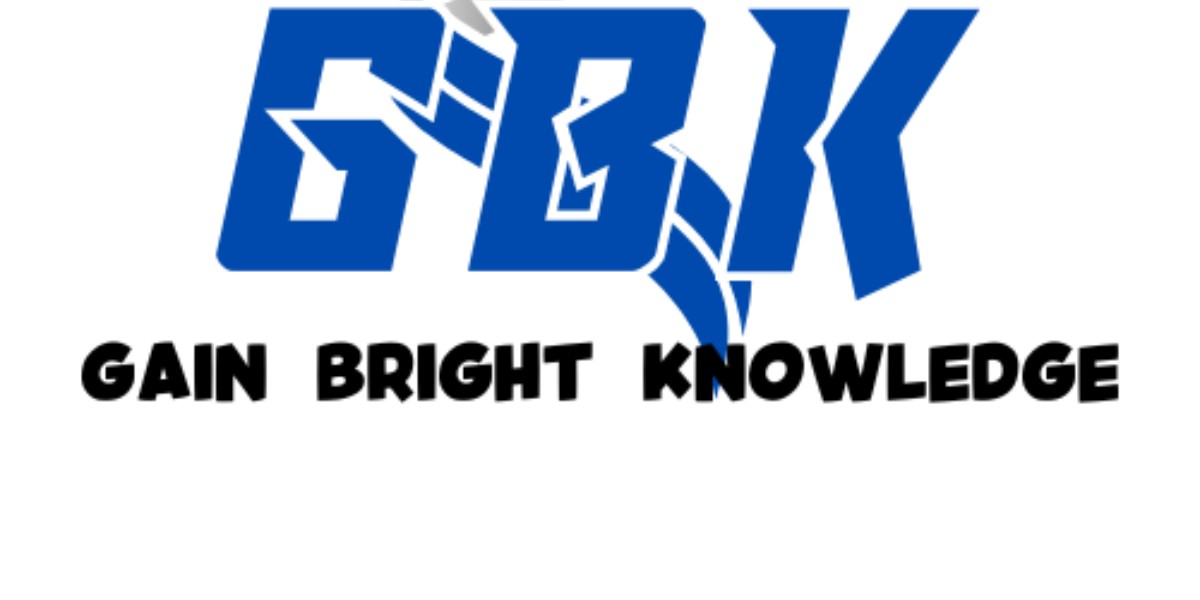Are you ready to embark on the journey of launching your own solo consulting business? Whether you're a seasoned professional looking to break free from the corporate world or an expert in your field ready to share your knowledge independently, starting a solo consulting business can be a rewarding endeavor. In this comprehensive guide, we'll walk you through the essential steps to launch your thriving solo consulting business successfully.
Understanding Your Niche
Research: Dive deep into your industry to identify your niche market.
Competitor Analysis: Understand what sets you apart from your competitors.
Target Audience: Define your target audience and their pain points.
Building Your Brand Identity
Logo and Visuals: Create a professional logo and visual assets that reflect your brand.
Website: Develop a user-friendly website that showcases your expertise and services.
Content Strategy: Establish yourself as an authority in your niche through valuable content.
Creating a Business Plan
Mission and Vision: Define your business's mission and vision statements.
Goals and Objectives: Set SMART goals and objectives for your consulting business.
Financial Projections: Project your expenses, revenue, and profit margins.
Setting Your Pricing Structure
Value-Based Pricing: Determine your pricing based on the value you provide to clients.
Hourly vs. Project-Based: Decide whether to charge hourly rates or offer project-based pricing.
Packaging Services: Create service packages that cater to different client needs and budgets.
Marketing and Networking Strategies
Online Presence: Utilize social media, content marketing, and SEO to enhance your online presence.
Networking Events: Attend industry events, conferences, and meetups to network with potential clients.
Referral Program: Establish a referral program to incentivize satisfied clients to refer new business.
Managing Your Finances
Budgeting: Develop a budget to track your expenses and ensure financial stability.
Invoicing and Payments: Implement efficient invoicing and payment systems to streamline cash flow.
Tax Planning: Consult with a tax professional to optimize your tax strategy and maximize deductions.
Delivering Exceptional Service
Client Relationships: Build strong relationships with clients based on trust, communication, and transparency.
Quality Deliverables: Consistently deliver high-quality work that exceeds client expectations.
Feedback Loop: Solicit feedback from clients to continuously improve your services.
Scaling Your Business
Outsourcing: Delegate non-core tasks to freelancers or virtual assistants to focus on growing your business.
Expansion Opportunities: Explore opportunities to expand your service offerings or target new markets.
Systems and Processes: Implement scalable systems and processes to handle increased workload efficiently.
Pros:
Independence and Flexibility
Unlimited Earning Potential
Opportunity to Make a Real Impact
Control Over Your Work Environment
Cons:
Uncertain Income Stream
Sole Responsibility for Business Success
Lack of Benefits and Job Security
Potential for Isolation
FAQs
How do I determine my consulting rates?
Consider factors such as your expertise, market demand, and the value you provide to clients when setting your rates.
What are the essential tools for managing a consulting business?
Tools such as project management software, accounting software, and communication tools can help streamline your operations.
How do I handle difficult clients or projects?
Communicate openly and address concerns promptly, and if necessary, set boundaries or terminate the contract professionally.
References
Entrepreneur: "How to Start a Consulting Business"
Forbes: "10 Tips for Launching Your Consulting Practice"
Harvard Business Review: "The Rise of the Supertemp"






0 Comments